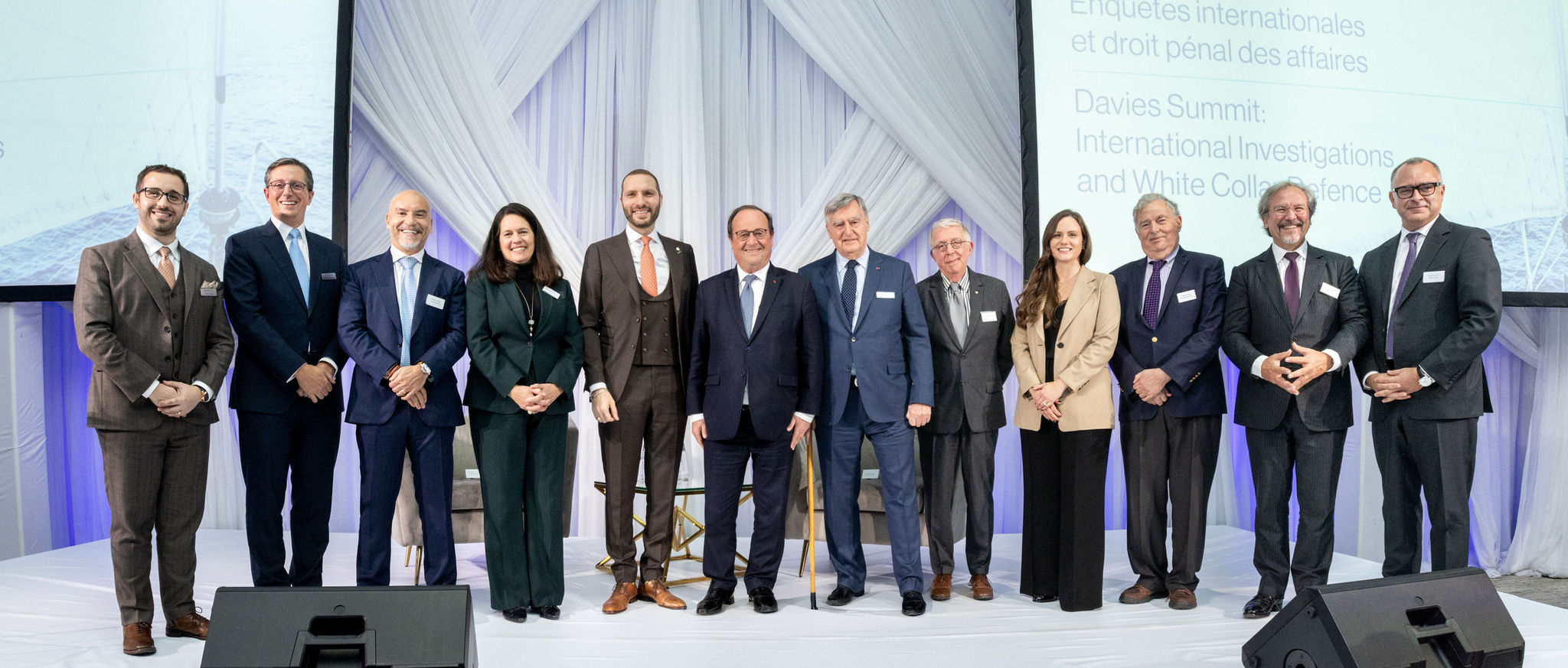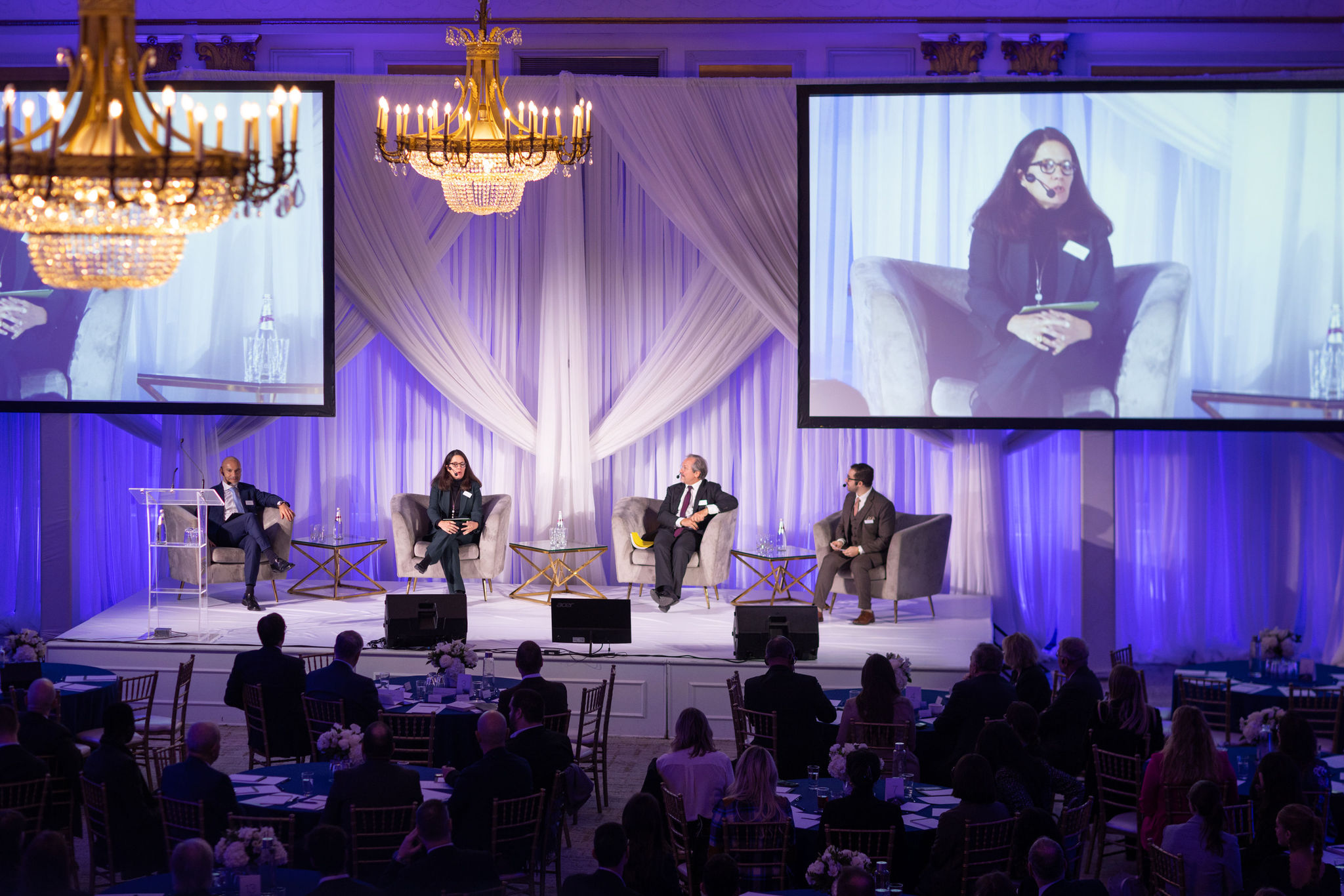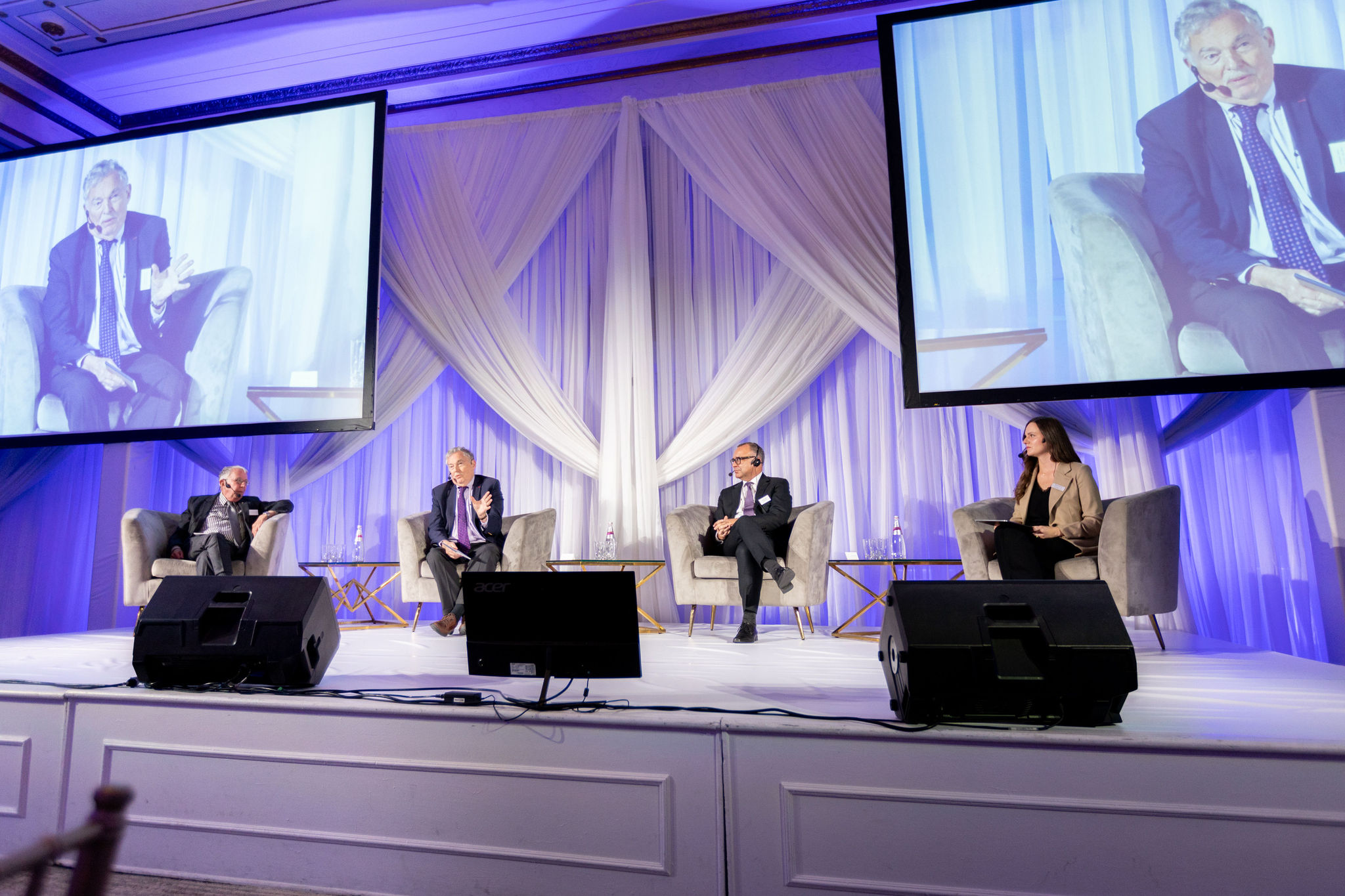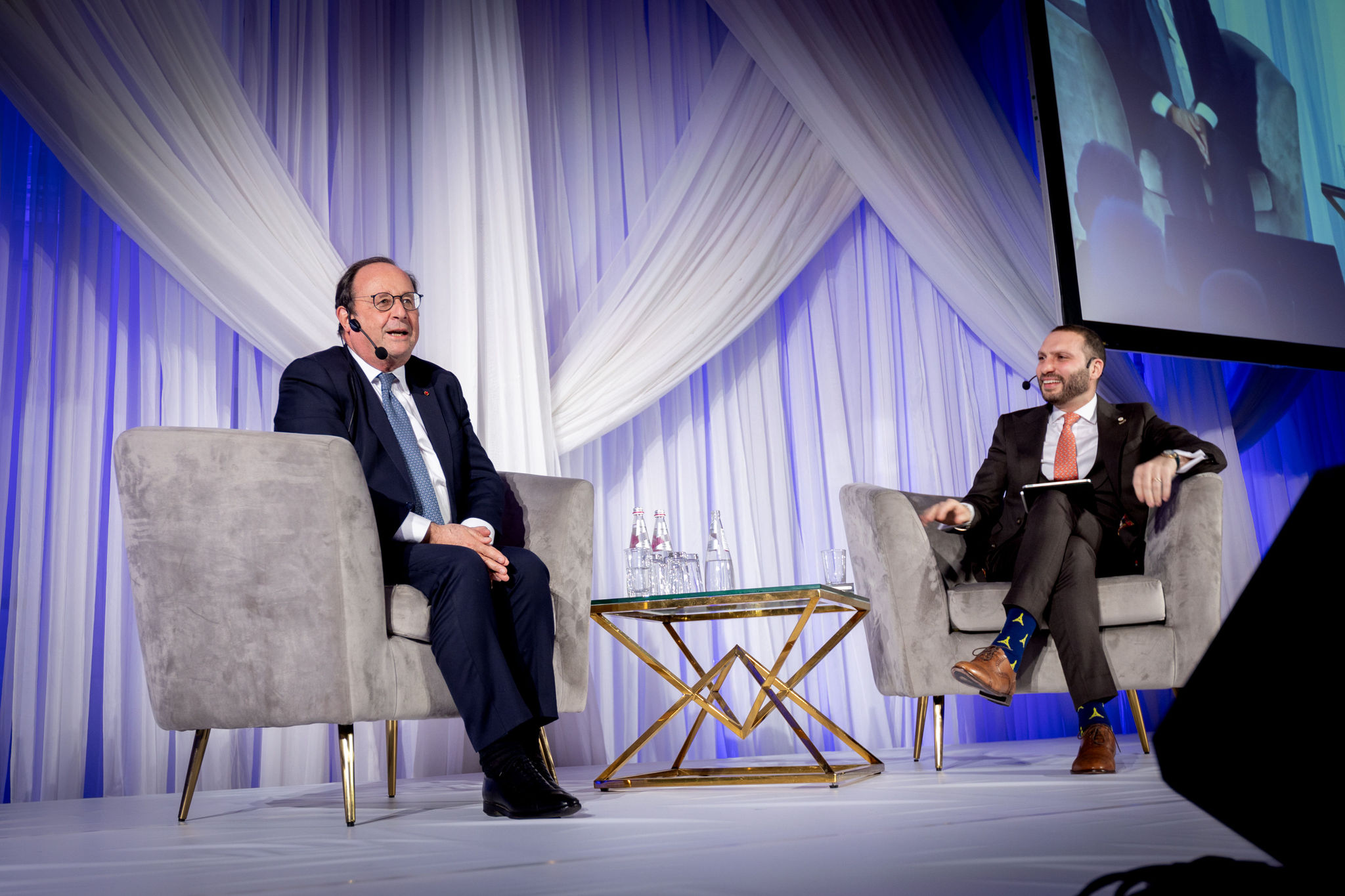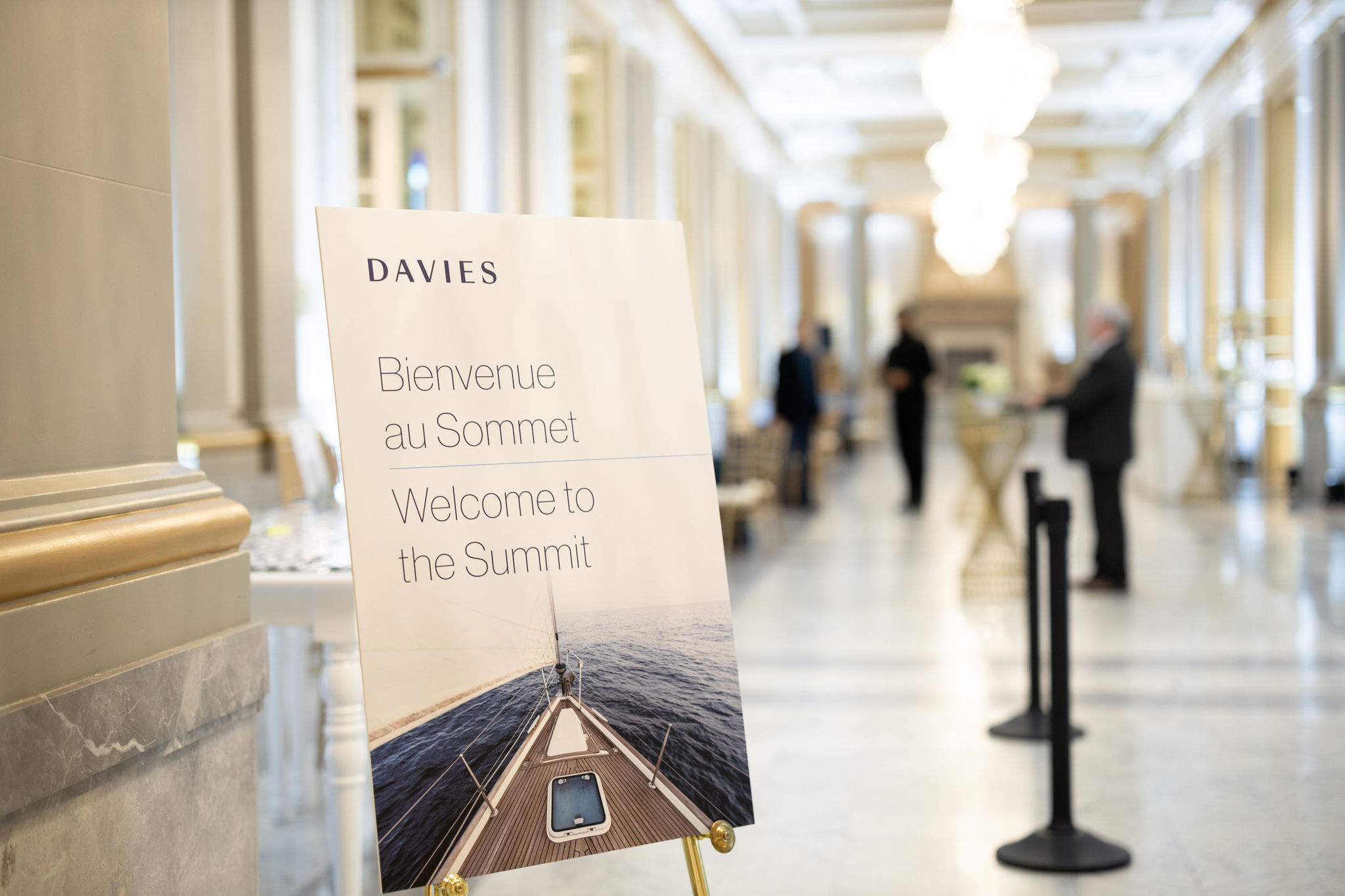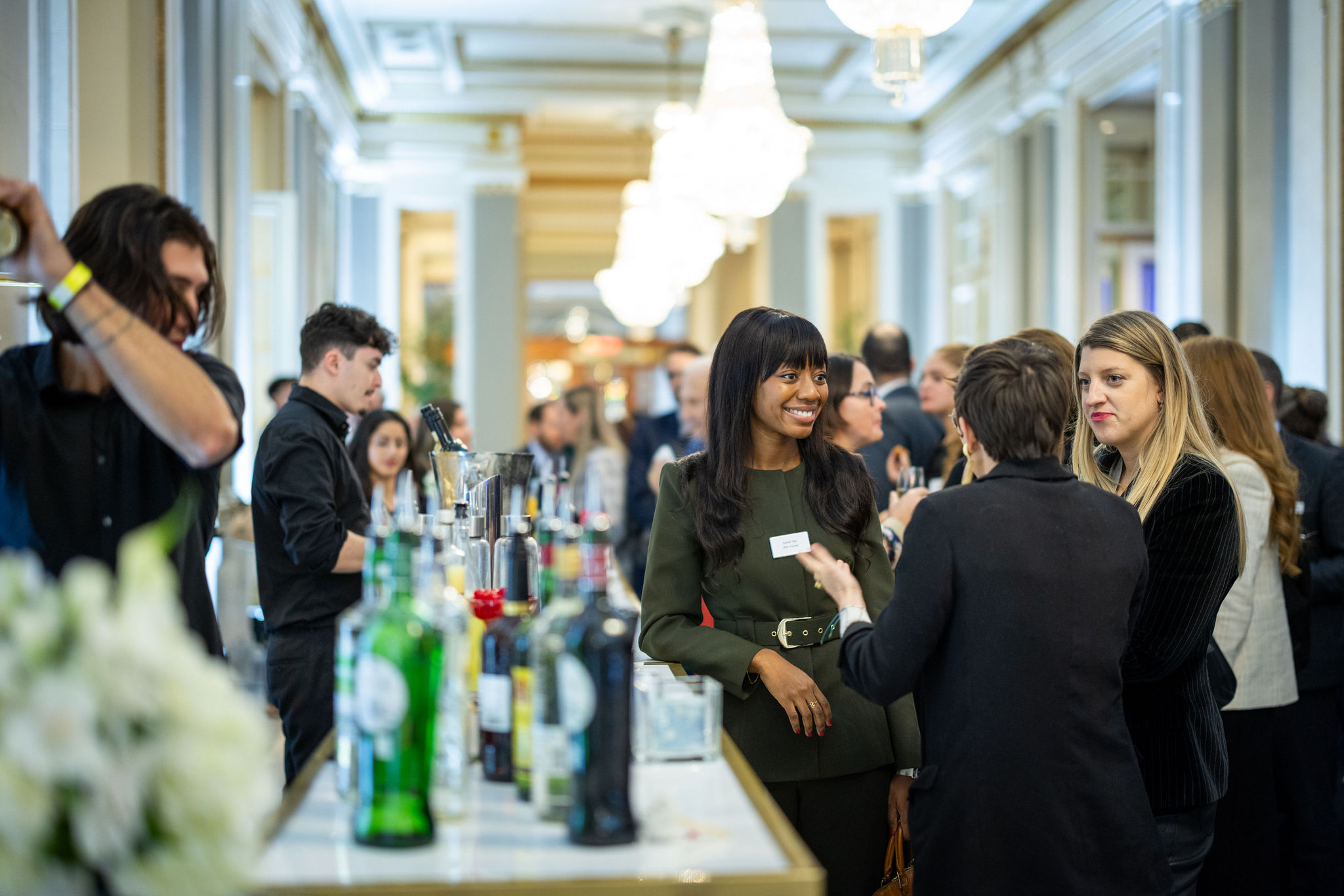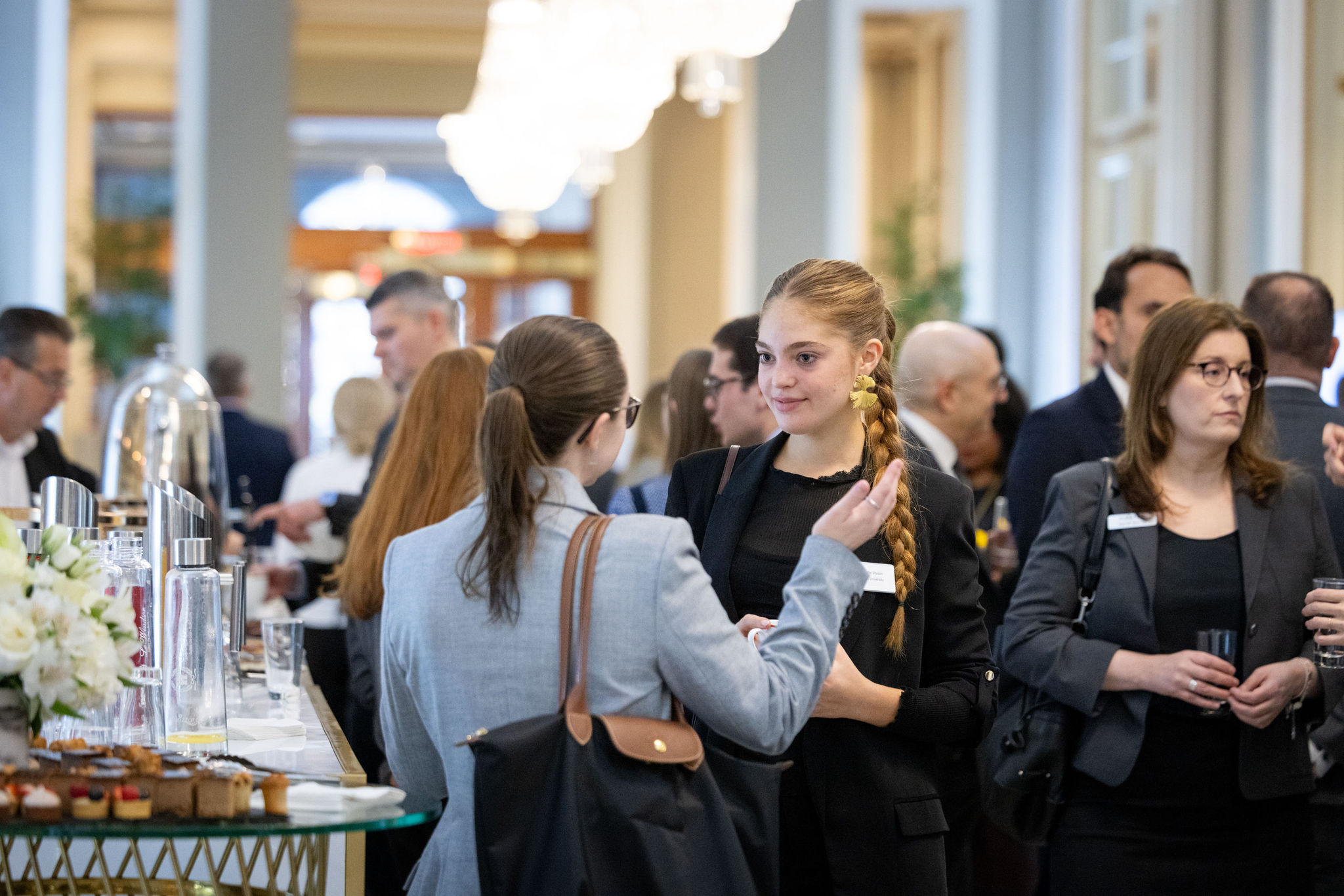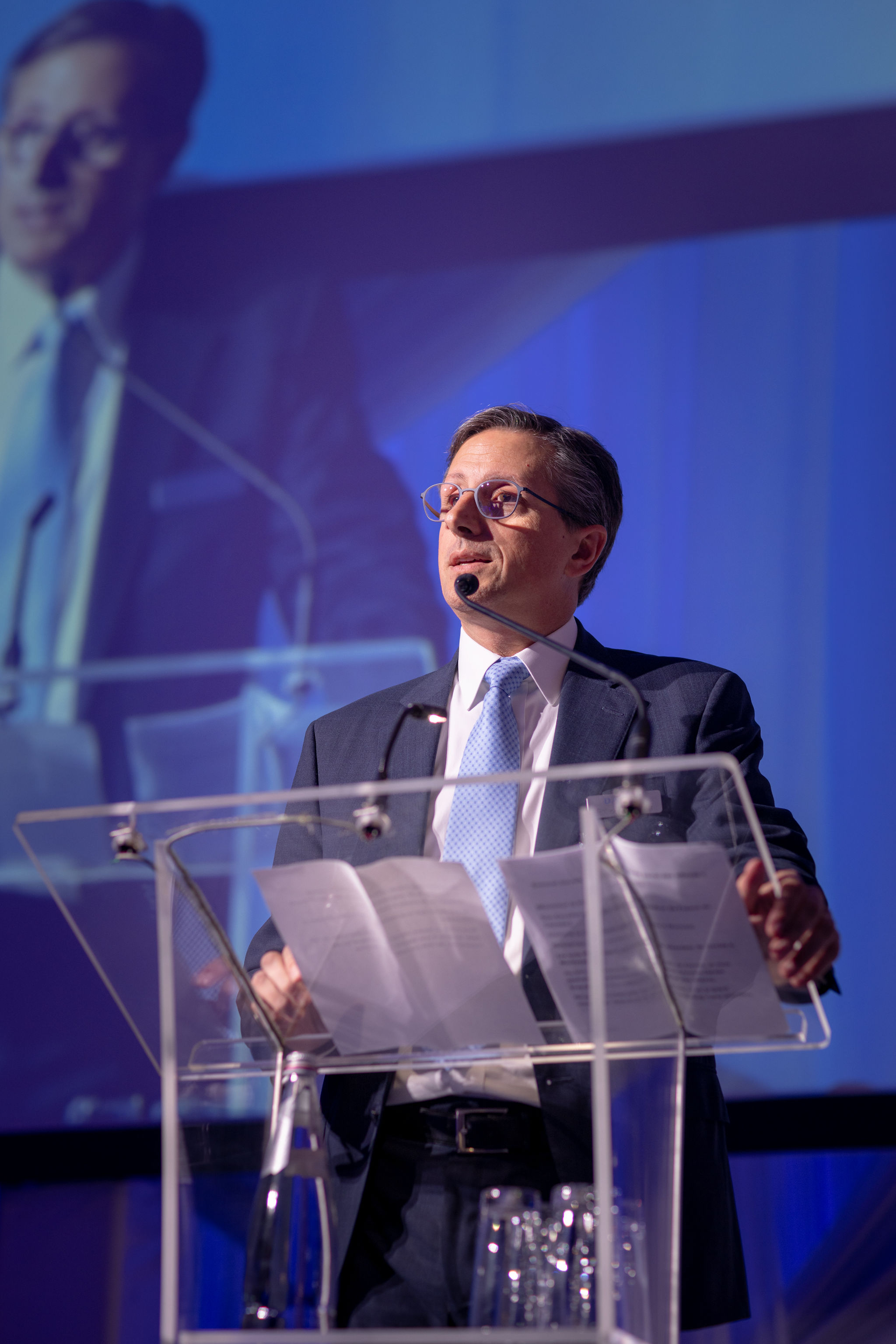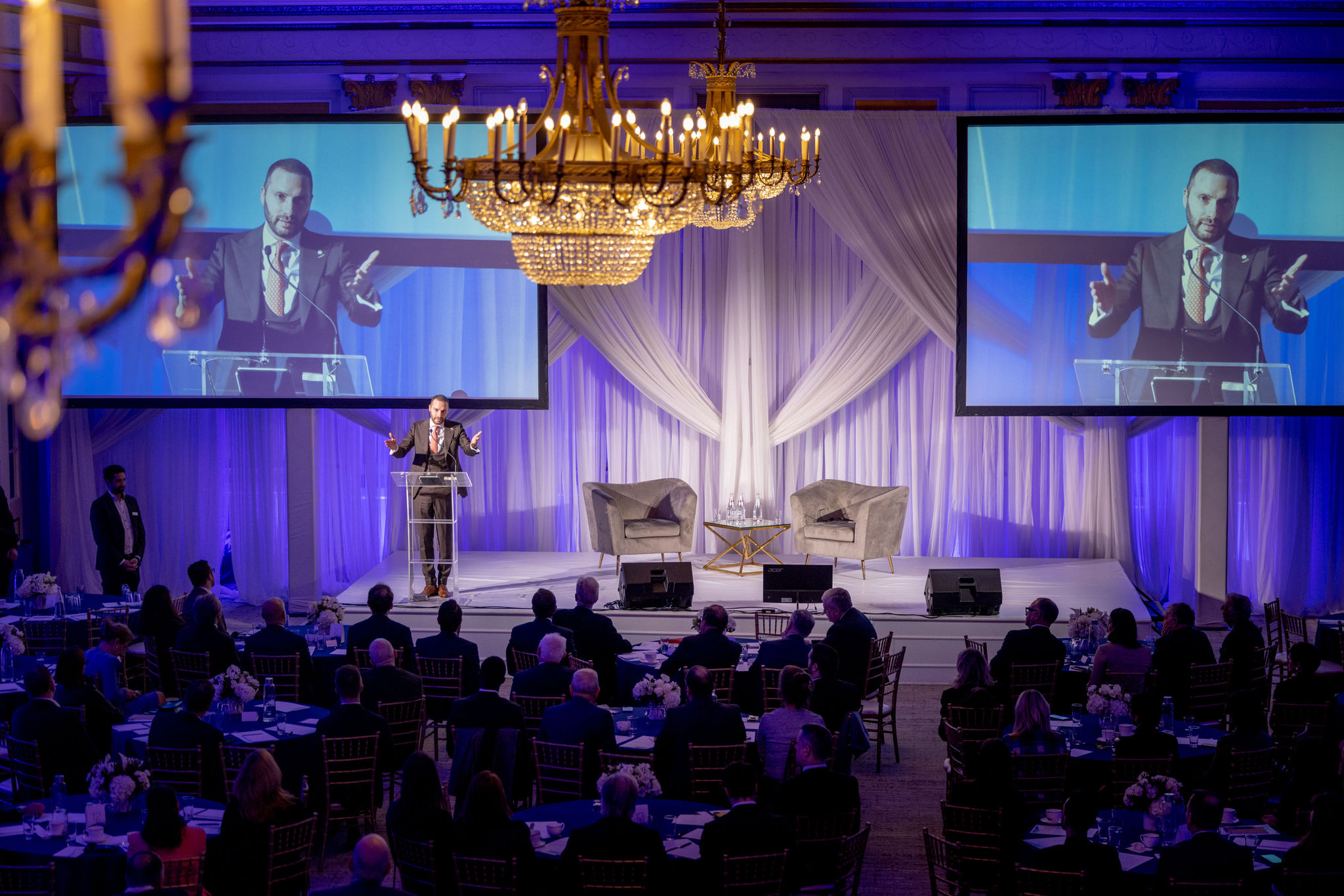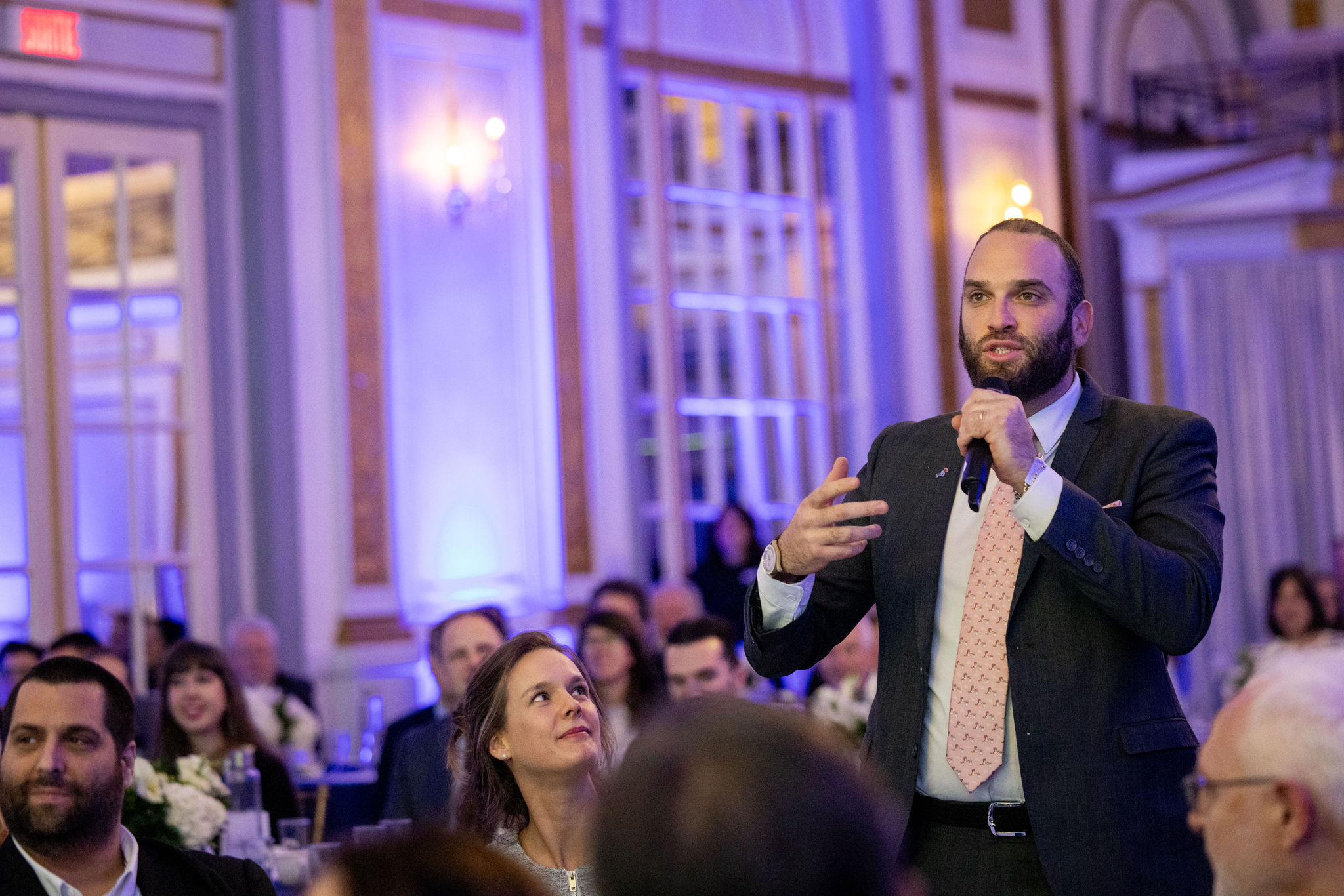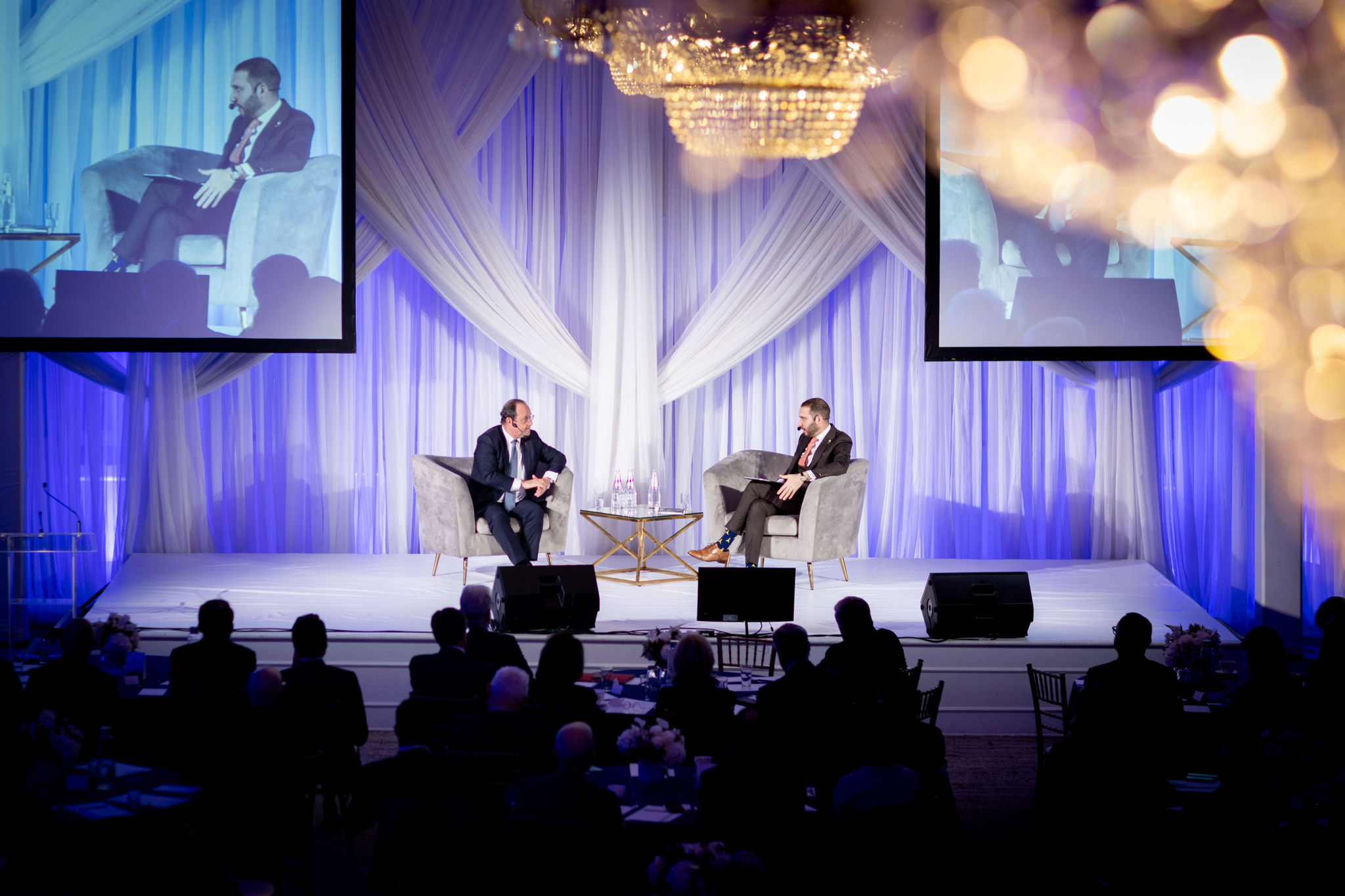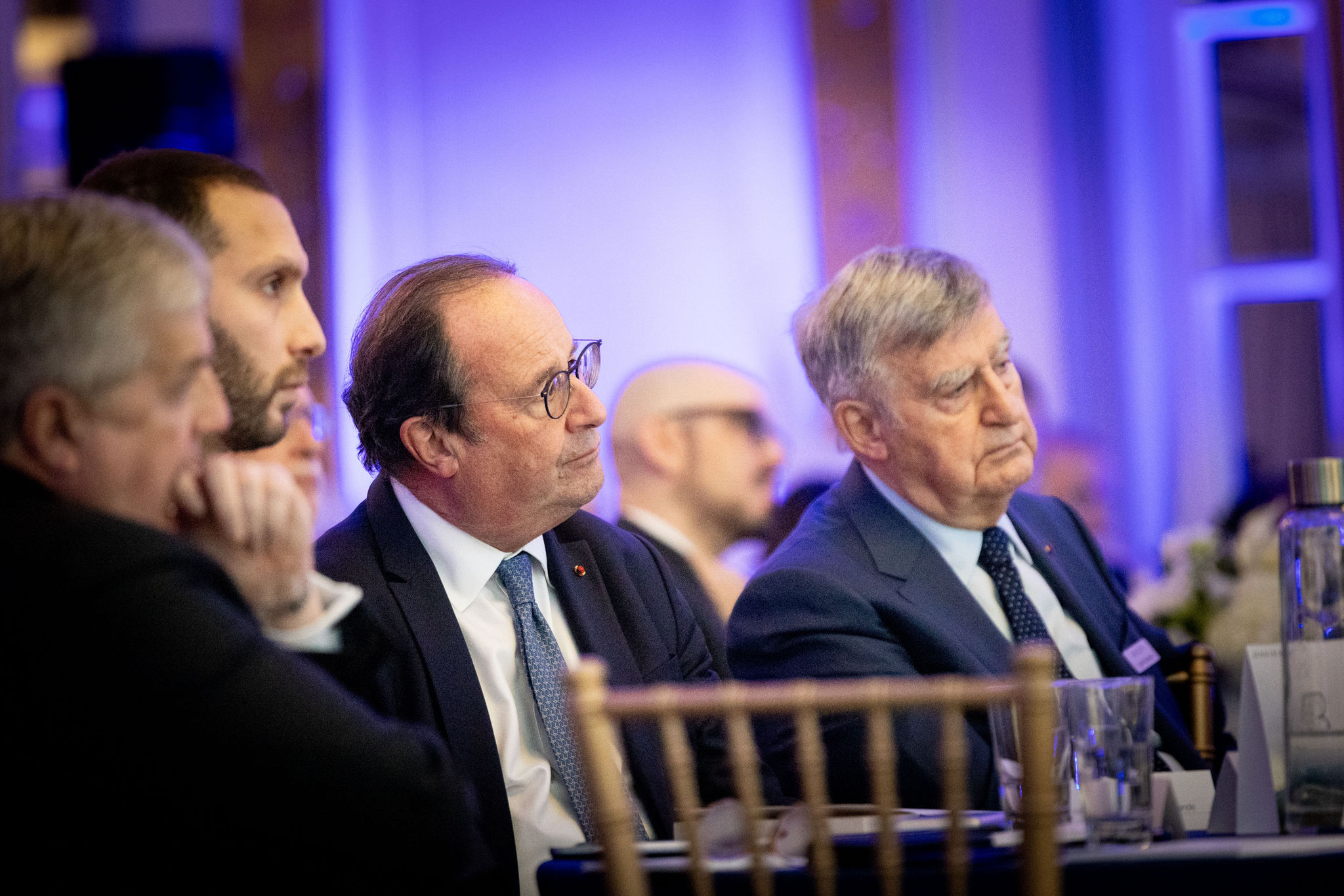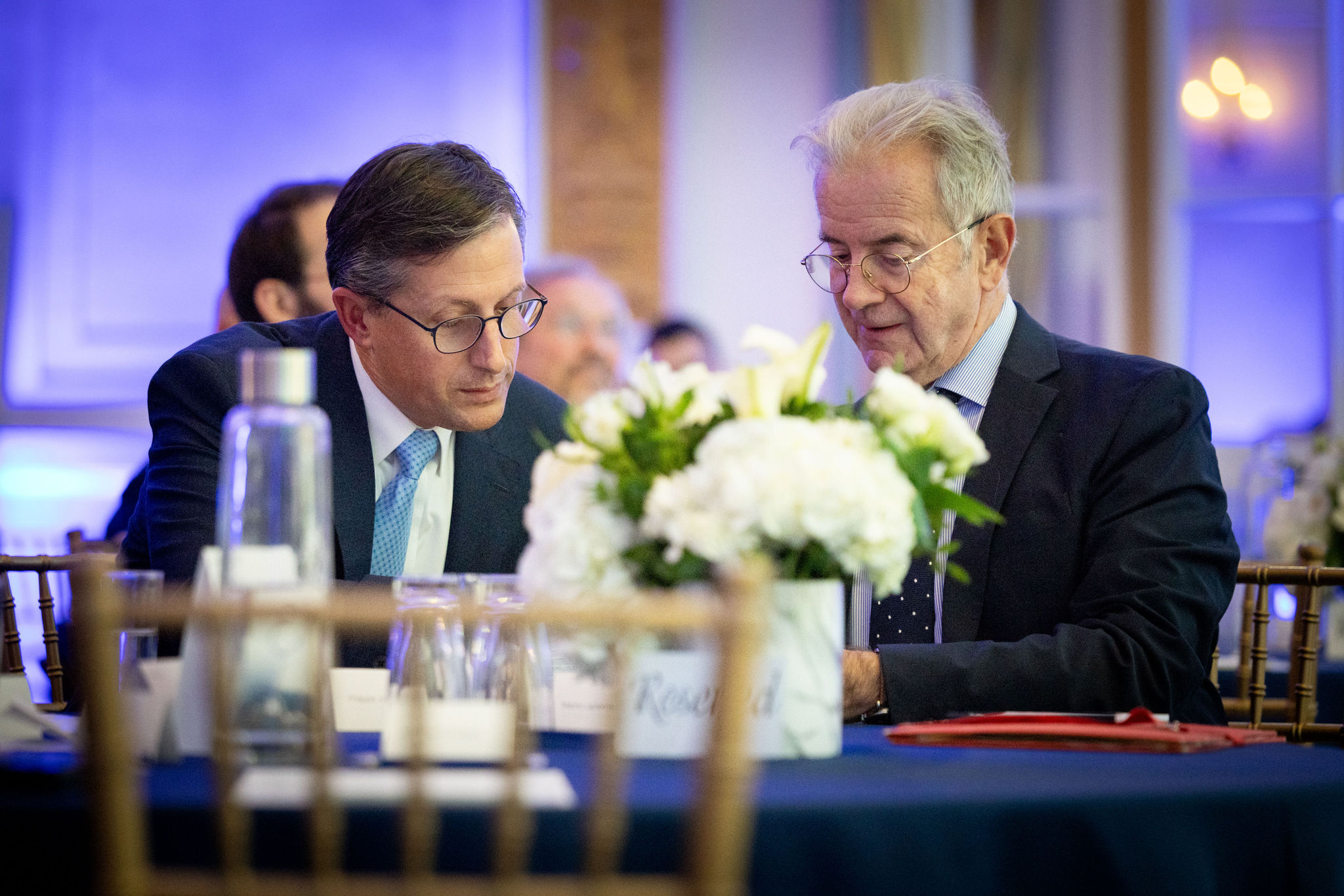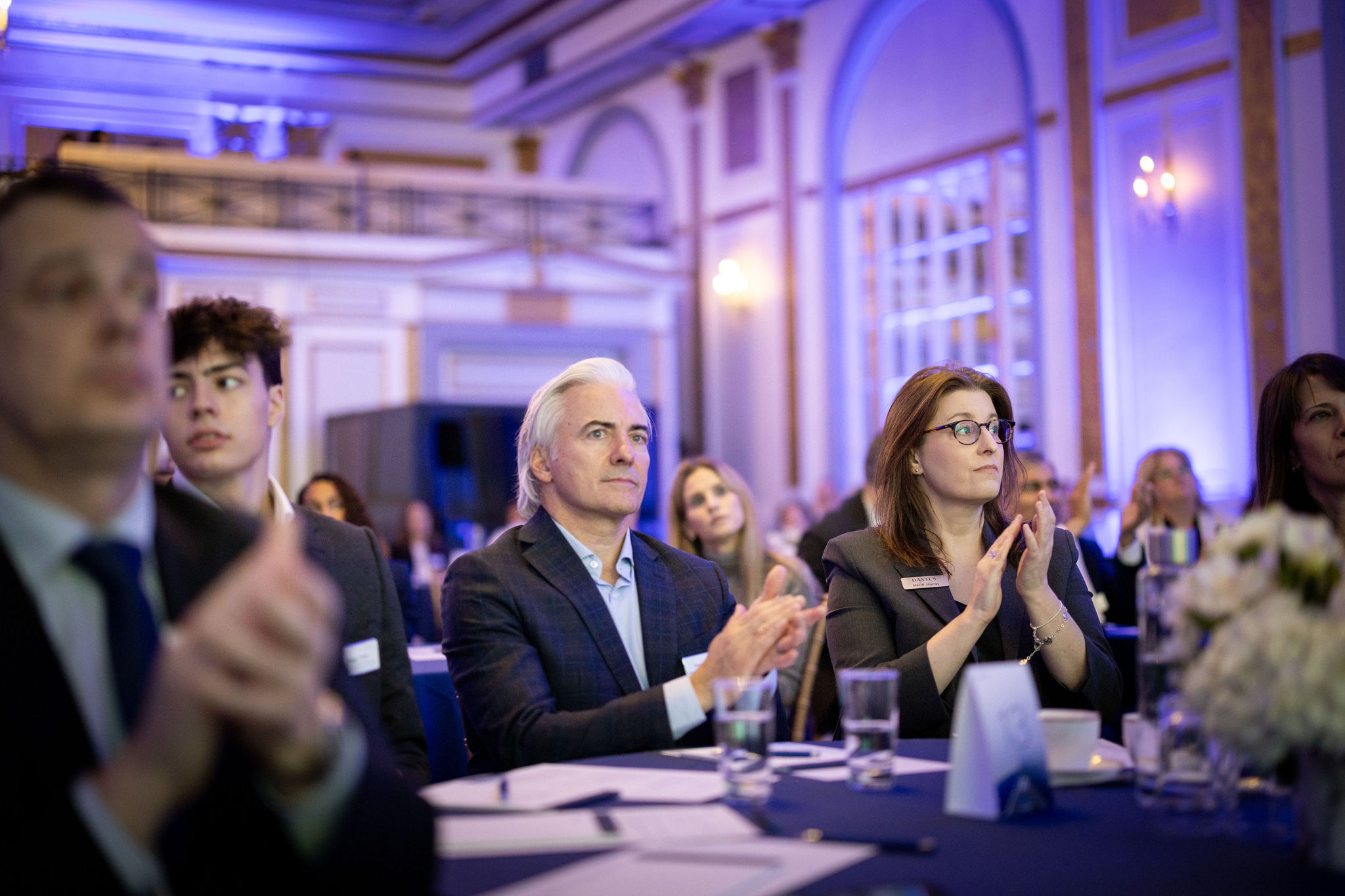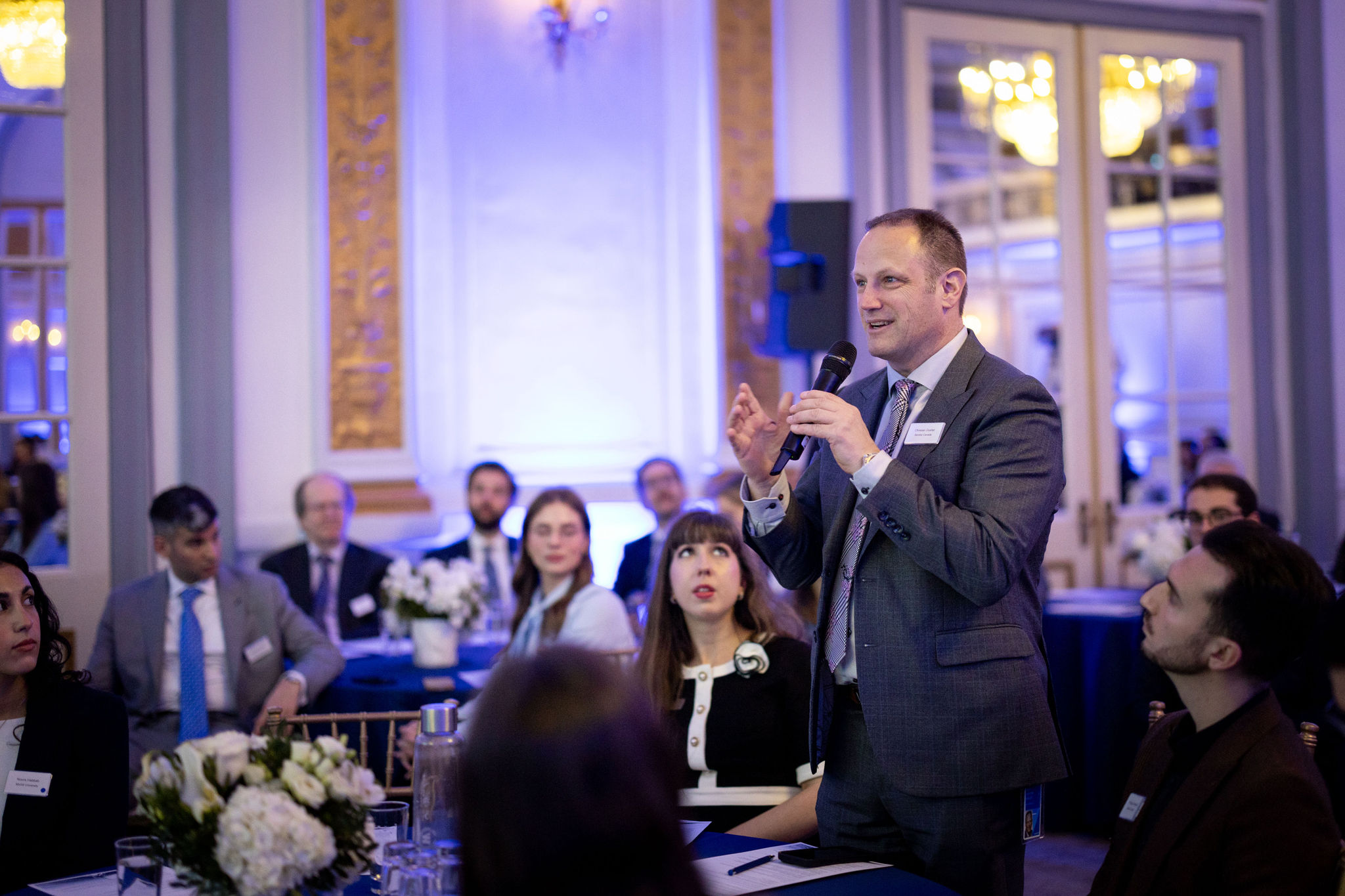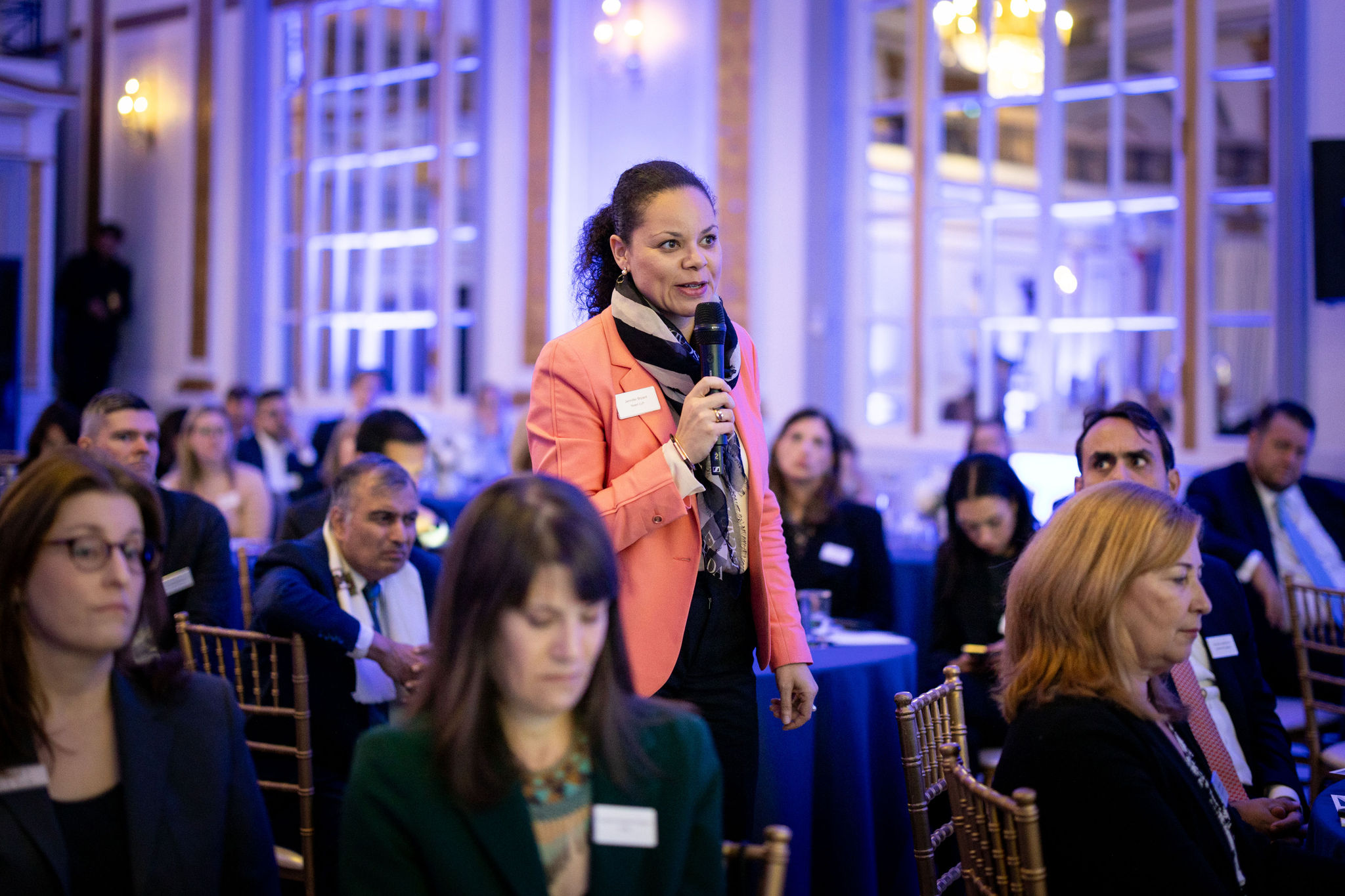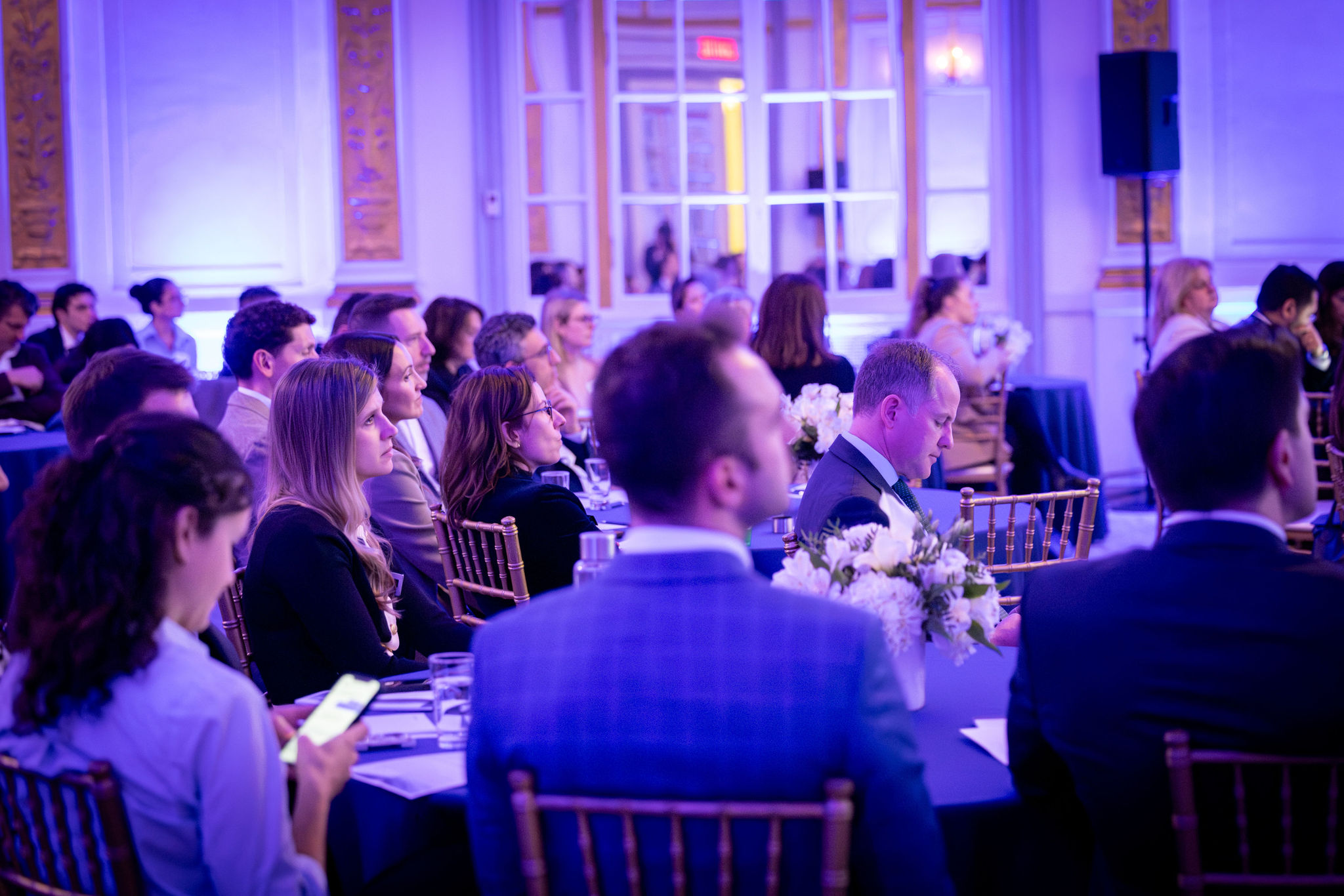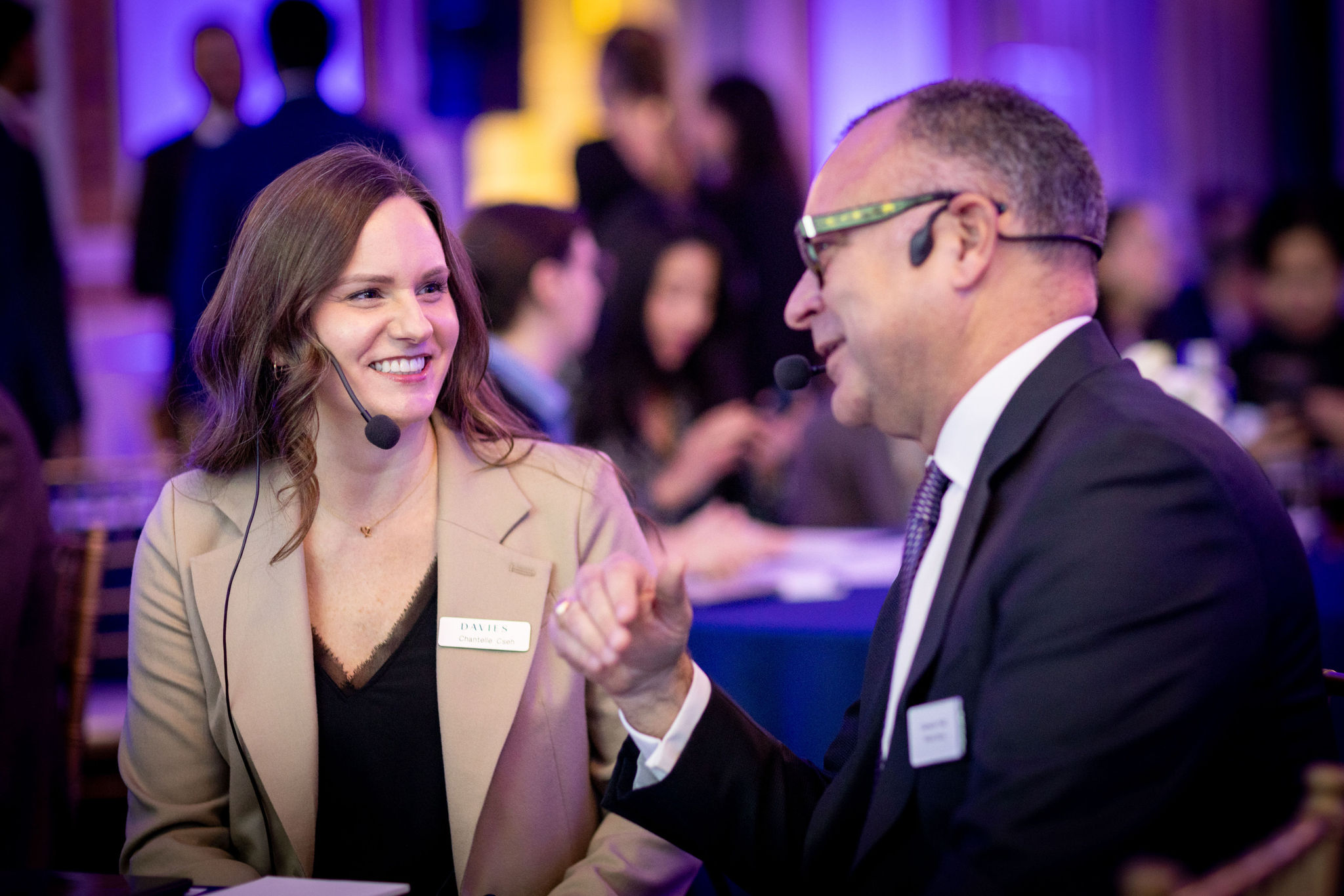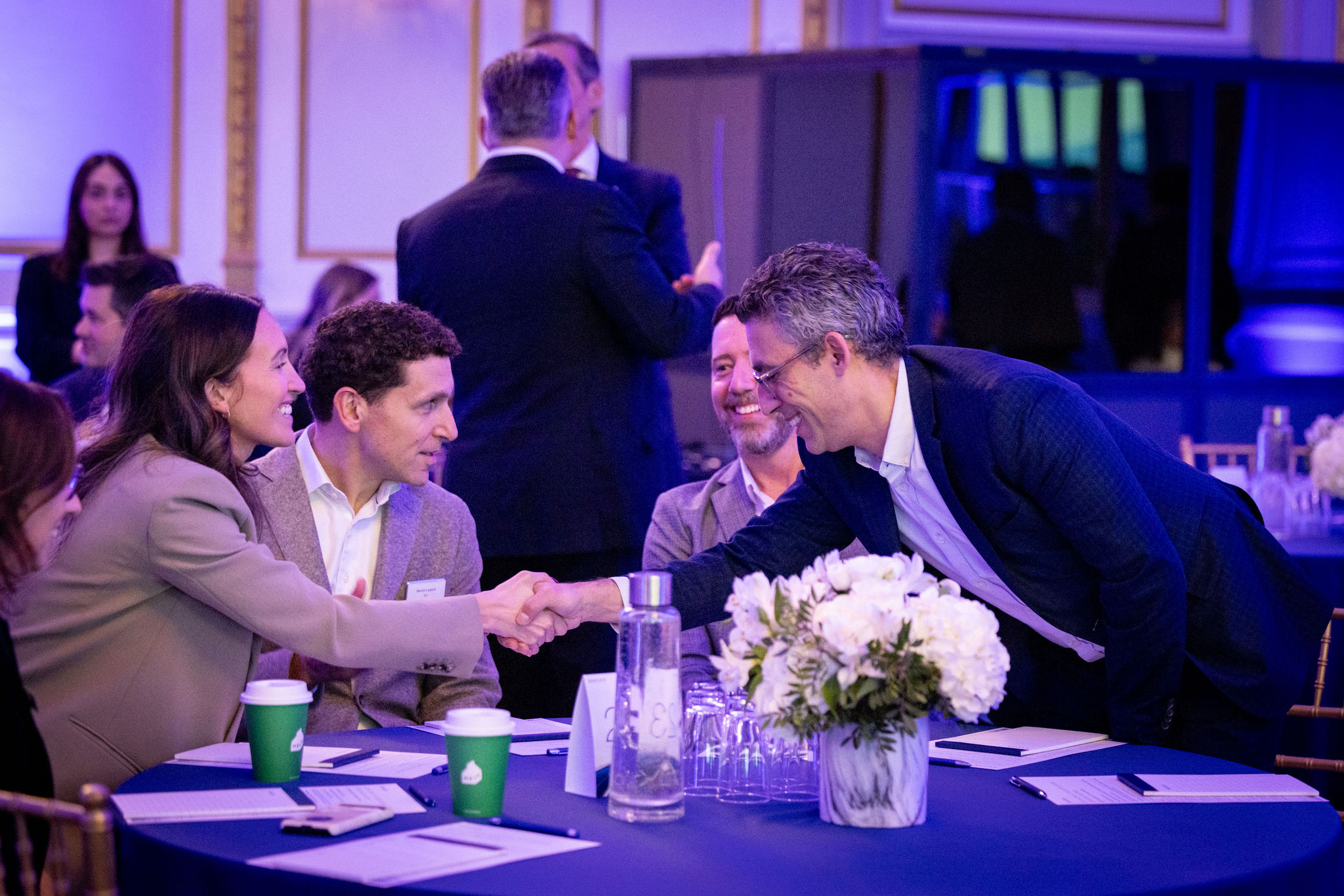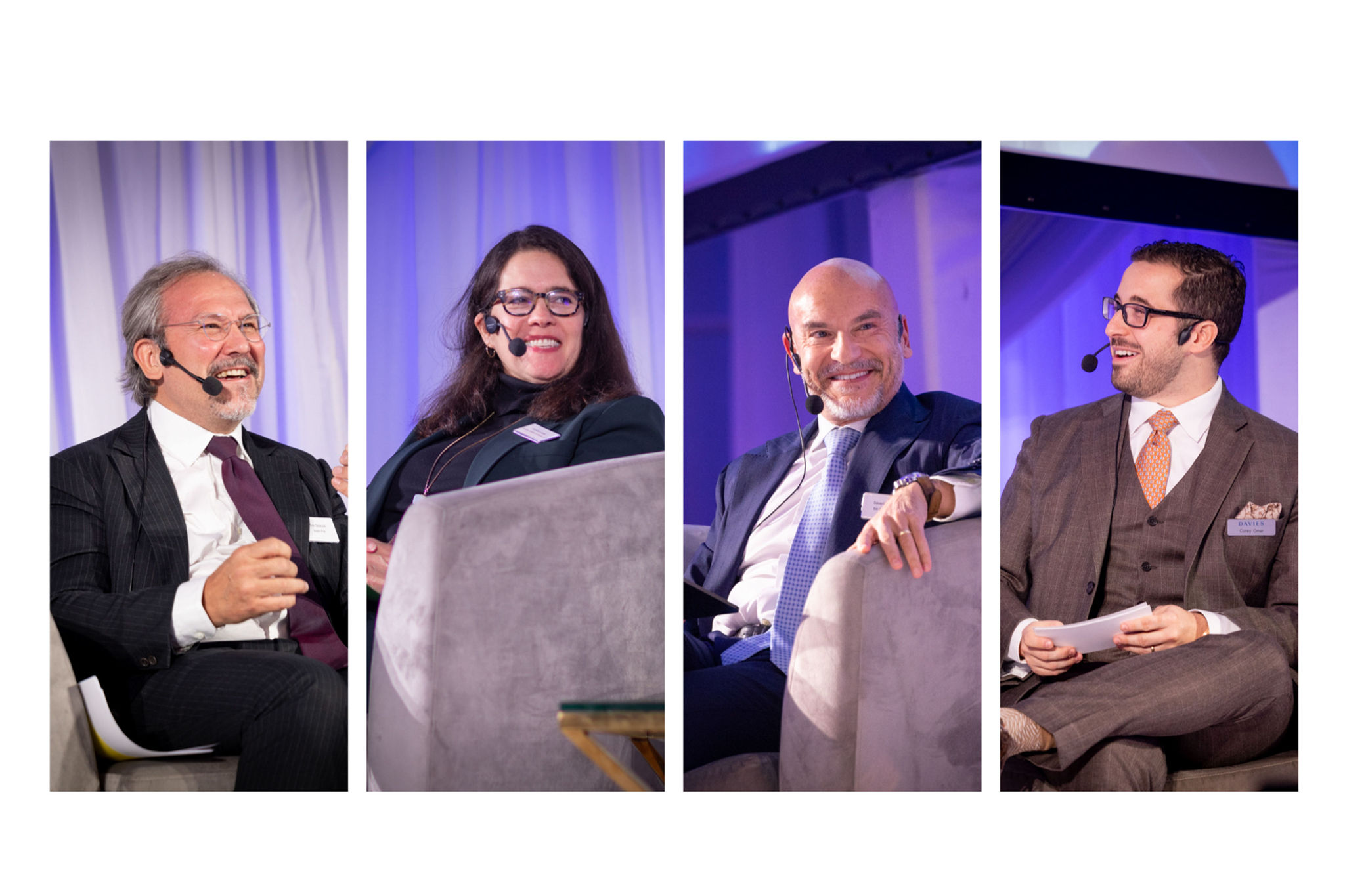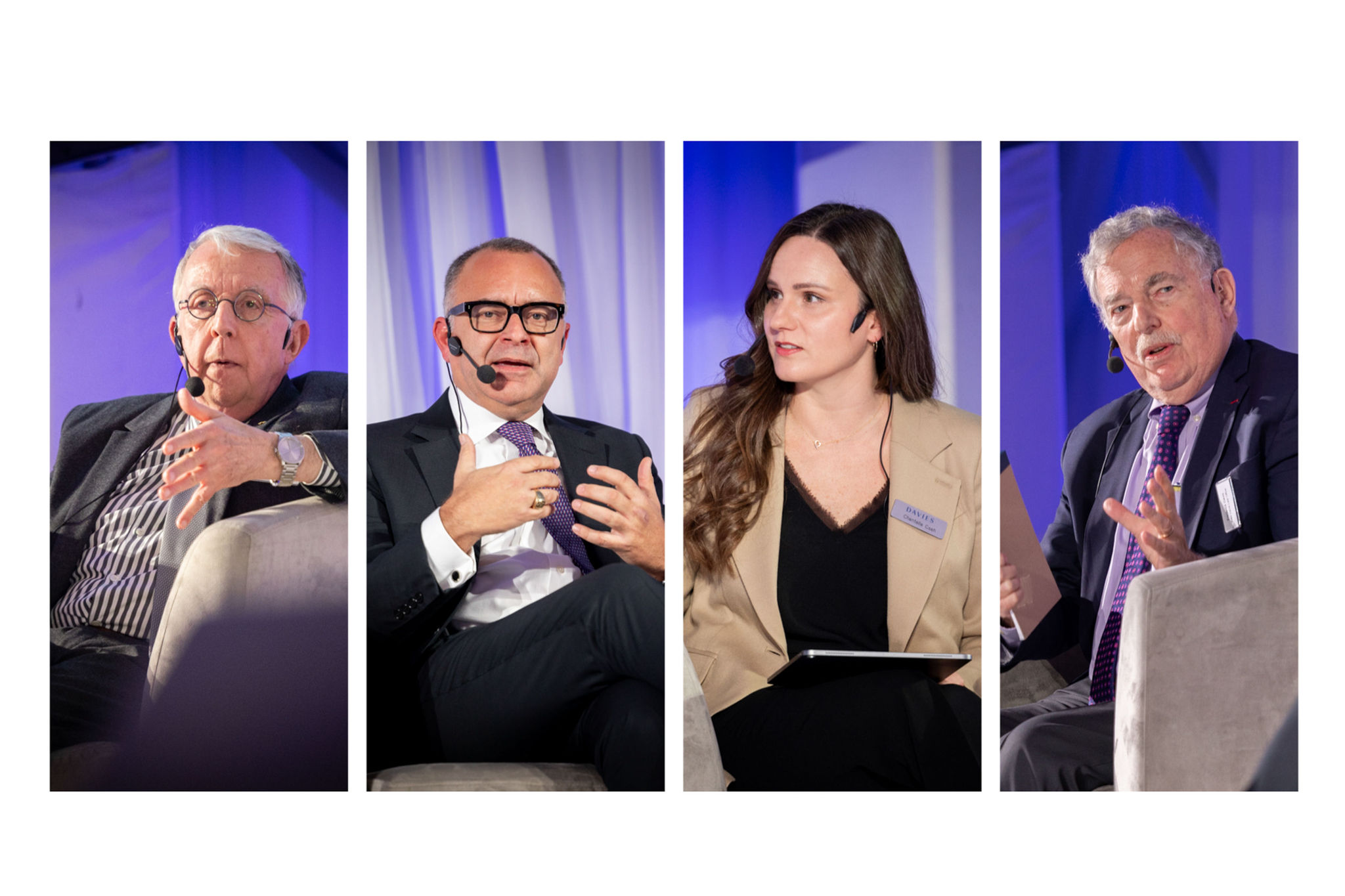Jan. 14, 2025 - Significant changes to the Québec consumer protection regime came into effect earlier this year. The president of the Office de la protection du consommateur (OPC), Québec’s consumer protection regulator, can now impose monetary administrative penalties (AMPs) for failing to comply with a large...
President François Hollande at the Third Edition of the Davies Summit: International Investigations and White Collar Defence
The former President of the French Republic was joined by international leading experts in the field.
Over 200 members of the international business community gathered in Montréal’s Le Windsor Ballroom on Thursday, November 21 for a private audience with François Hollande, the 24th President of the French Republic, at the third edition of the “Davies Summit: International Investigations and White Collar Defence.”
International experts gather for the third edition of the Davies Summit: International Investigations and White Collar Defence.
The day kicked off with two panels, moderated by Davies partners Corey Omer and Chantelle Cseh. The first panel, “High-Stakes Cross-Border Investigations and Prosecutions in the Spotlight,” featured Eric Dezeuze, co-leader of the White-Collar Criminal Defence and Compliance Litigation team at Bredin Prat in Paris, Jennifer Leete, Litigation partner and member of the Investigations and Regulatory Enforcement practice at Cravath, Swaine & Moore (prior to which she was an associate director in the Division of Enforcement at the U.S. Securities and Exchange Commission), and Saverio Lembo, who co-heads Bär & Karrer's White Collar Crime practice group in Geneva.
From left to right: Saverio Lembo, Jennifer Leete, Eric Dezeuze, Corey Omer
Omer led a discussion amongst the panelists that explored the workings of cross-border investigations and how they have changed over the past 25 years, going from something rarely seen to becoming almost ubiquitous in today’s legal landscape. With the rise of the internet and cybersecurity concerns, governments, investigative authorities and legal professionals are required to work together.
From securities fraud to criminal mismanagement in sports, the panelists discussed experiences that confirmed the pressing need for a coordinated worldwide effort when defending against cross-border enforcement actions and prosecutions. One of the major complications in this regard are blocking statues in France, Switzerland and other countries, which aim to block the application of foreign laws. Such laws can also discourage cooperation by prohibiting independent investigations by outside legal and law enforcement professionals, forcing them to go through the mutual legal assistance process instead.
The panelists then moved on to a lively discussion about the availability, benefits and challenges of Deferred Prosecution Agreements (Remediation Agreements in Canada) and compliance monitorships, and how both of these are handled (or not, in Switzerland’s case) in their respective countries. This expanded into the notion of cooperation, and how the definition of cooperation has changed over time, as companies are now expected to preventatively self-report rather than waiting for an investigation.
From left to right: The Honourable Michel Yergeau, Frederick T. Davis, Cameron Field, Chantelle Cseh
In the second panel, “The Judge, the Counsel and the Police Officer,” Chantelle Cseh began by asking about the role of the media in criminal cases, how coverage might influence public opinion and how this informs legal strategy.
The Honourable Michel Yergeau, a former judge of the Superior Court of Québec, Frederick T. Davis, a former federal prosecutor and defence counsel with extensive trial experience in both the United States and Europe, and Cameron Field, current Vice President at VIDOCQ Group and a former officer in charge of the Financial Crimes Unit in the Toronto Police Service, all had different takes on this deceptively complex question. However, they all agreed that the game has changed over the past 20 years, with the rise of social media and the spontaneous nature of today’s news reporting. This led to an interesting conversation on presumption of innocence, burden of proof and how investigating high-profile cases has changed since the Jordan decision of the Supreme Court of Canada.
The Summit concluded with a private audience with former President of the French Republic, François Hollande, and Davies partner Léon Moubayed.
President François Hollande and Léon Moubayed
Prior to taking the stage, President Hollande was given a warm introduction by Davies partner and former Premier of Québec, the Honourable Lucien Bouchard. As President Hollande and Moubayed took the stage, the guest of honour opened with a humorous anecdote about the night he was elected President, introducing the audience to his candid and charismatic personality. The discussion then moved on to the annexation of Crimea in 2016 and the Ukraine war, with President Hollande clarifying many of the more complex aspects, such as the position then-Chancellor of Germany, Angela Merkel, was in due to a relationship between Russia and Germany, in which the French also had an interest.
This led to an exploration of the concept of sanctions, and how in order for them to be effective, they must have a strong impact on the population of the targeted countries, which is not always the case.
In 2016, under Hollande’s presidency, France enacted the Sapin II law, an anti-corruption measure which, among other things, obligated French companies to adopt compliance programs. President Hollande spoke at length about this, and how it introduced Convention judiciaire d'intérêt public (CJIP), the French equivalent of Remediation Agreements in Canada (Deferred Prosecution Agreements in the United States). This naturally led into a candid conversation about Airbus, and how the CJIP enabled Airbus to negotiate a settlement that avoided a trial and guilty plea. The conversation then moved on to the AFA, the Agence française anticorruption, which investigates (and deters) financial crimes. Moubayed took the opportunity to ask President Hollande how he thought Canada could be inspired by France, given its expressed intent to do something similar.
The conversation between President Hollande and Moubayed also touched on the 2016 G7 Forum in Japan, the implications of another Trump presidency and some of the hardest decisions President Hollande had to make during his own presidency, at which point he indicated that deploying troops was by far the most difficult. The conversation concluded with ideas on how to strengthen the relationship between Canada and France, at which point President Hollande suggested the key may lie in more events like the Davies Summit.
Interested in learning more about the Davies Summit: International Investigations and White Collar Defence? Contact us.
Related
Capital Markets Tribunal Establishes New Framework for Evaluating Poison Pills
Nov. 21, 2024 - The Ontario Capital Markets Tribunal recently released its highly anticipated reasons for cease trading a shareholder rights plan adopted by Bitfarms Ltd. (Bitfarms) with a 15% trigger (15% Rights Plan). In Riot Platforms, Inc. v. Bitfarms Ltd., 2024 ONCMT 27, the Tribunal exercised...

